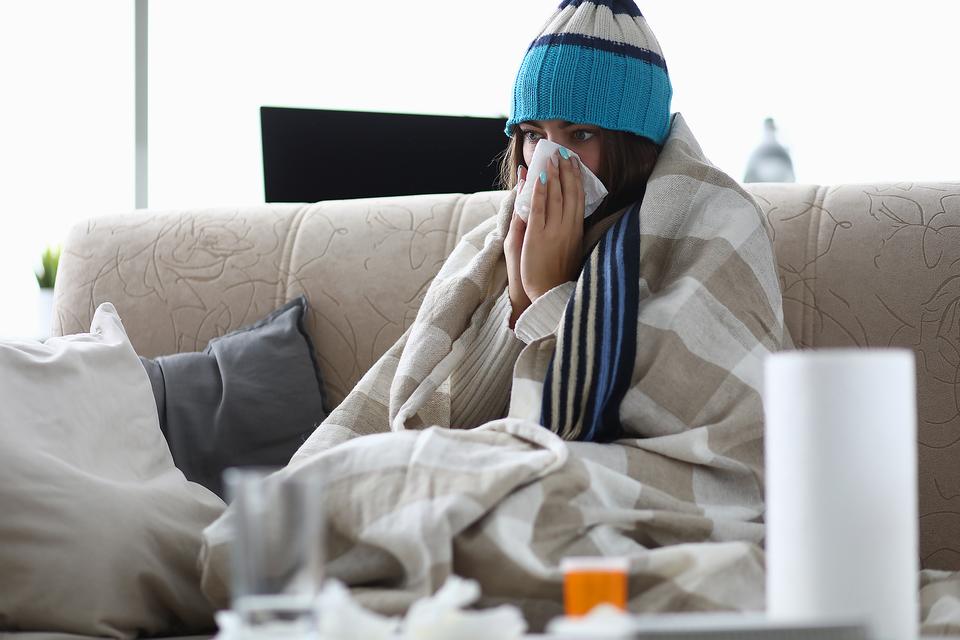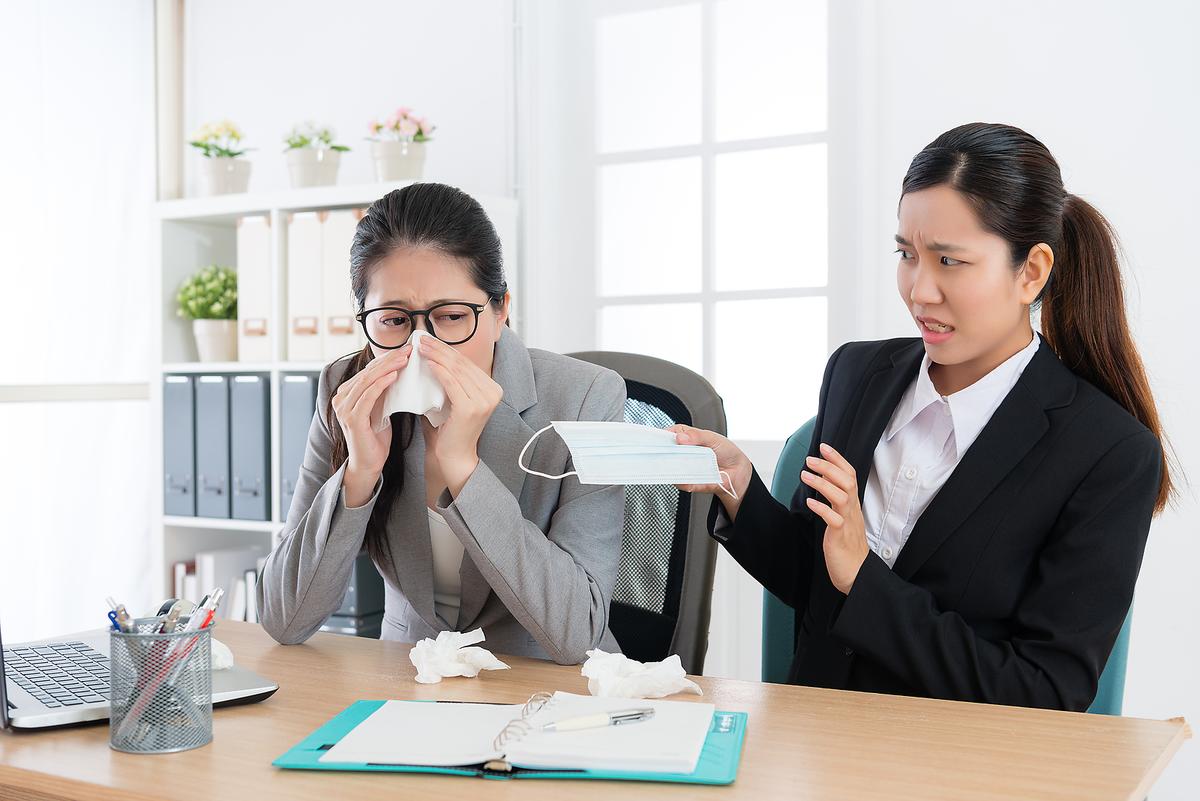Have Flu-Like Symtpomes? Why You Should Just Stay Home & Tips to Stay Safe at the Workplace by Purdue University

At least 10,000 Americans have died since October from the flu, according to the Centers for Disease Control and Prevention’s (CDC) latest influenza update released Friday (January 31, 2020). One Purdue University public health expert says that number should alarm people, and it’s now more important than ever to get a flu shot – especially as the world grapples with the unknowns of the coronavirus.
“While coronavirus is stealing the media spotlight, it’s important to keep in mind that the flu is still a powerful respiratory virus infecting and killing Americans,” says Libby Richards, an associate professor of nursing in Purdue’s School of Nursing.
The CDC reported that flu activity has increased over the past two weeks. At least 19 million people in the U.S. have been diagnosed with influenza this season. The number of children who died from the flu this season now stands at 68 nationally.
There are simple tips to protect oneself at work, school or around the community, Richards says. “If everyone around you is getting sick, work hard to keep your hands clean, don’t share items without wiping them down and focus on self-care."
Disinfecting wipes can be one of a person’s best defenses during this part of flu season. “The frequency of wiping items and surfaces depends on the amount of use and the level of circulating illness. You should consider at least once or maybe twice a day for heavily used items,” Richards says. “Other practices around the workplace, school or home could include placement of hand sanitizer in more locations.”
But the bottom line from Richards is that those who have flu or flu-like symptoms should just stay home and rest. “Rest will help you recover more quickly."
For those recovering from an illness who don’t want to infect others during meetings, Richards suggests checking with their workplace on teleconferencing or web conferencing options. “It can be more helpful to everyone to call into a meeting instead of sitting in a room and sharing their germs.”
Richards says a person can return to work after they are fever-free for 24 hours without the need of prescription or over-the-counter medications. “Typically, healthy adults will recover without medical intervention,” she says. “If you have a history of chronic disease or your symptoms deteriorate rapidly, call your health-care provider.”
The information on 30Seconds.com is for informational and entertainment purposes only, and should not be considered medical advice. The information provided through this site should not be used to diagnose or treat a health problem or disease, and is not a substitute for professional care. Always consult your personal healthcare provider.
Take 30 seconds and join the 30Seconds community. Inspire and be inspired.
Related Products on Amazon We Think You May Like:
30Second Mobile, Inc. is a participant in the Amazon Services LLC Associates Program, an affiliate advertising program designed to provide a means for us to earn fees by linking to Amazon.com and affiliated sites.










join discussion